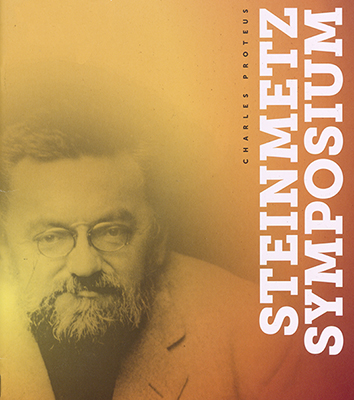Document Type
Open Access
Location
Schaffer Library
Faculty Sponsor
Timothy George
Department
Psychology
Start Date
13-5-2022 12:30 PM
Description
Previous research suggests that there may be a connection between musical experience and linguistic understanding. Evidence suggests that prosodic elements such as tone, rhythm, emphasis, and pitch are usually better understood by individuals who have had musical training and exposure. The current study examined the ability of musicians to produce speech using more effective prosody. Participants were self-identified musicians and non-musicians. Participants were given a series of sentences, and were recorded reading the sentences aloud, as if they were the subject of the sentence. Each sentence was preceded by one of two context sentences, which were not read aloud. The meaning of the target sentence was strongly dependent on the context, as the sentences were difficult to understand without having strong prosodic cues. For example, individuals read the sentence 'Ellen the dentist is here', with one group given the context of the announcement of the arrival of a dentist named Ellen, and the other group was told that the announcement referred to a patient named Ellen whose dentist had arrived. Because these sentences are identical, only prosody can disambiguate their meaning. Participants were also given a musicianship questionnaire to assess their musical knowledge and years of experience. Blind raters then rated each sentence recording, using a scale system to rate which context they believed the sentence was paired with. The results were that musicians produced sentences that were more accurately rated by the raters compared to non-musicians. The musicians also had higher musical knowledge and more experience than non-musicians. There were also positive correlations between knowledge and experience and the accuracy of the sentence ratings. This suggests that not only are musicians more sensitive to prosodic cues to understand speech, but they are also able to use prosodic elements to more clearly convey meaning.
Music to your Ears- Effects of Musical Experience on Prosody in Sentence Production
Schaffer Library
Previous research suggests that there may be a connection between musical experience and linguistic understanding. Evidence suggests that prosodic elements such as tone, rhythm, emphasis, and pitch are usually better understood by individuals who have had musical training and exposure. The current study examined the ability of musicians to produce speech using more effective prosody. Participants were self-identified musicians and non-musicians. Participants were given a series of sentences, and were recorded reading the sentences aloud, as if they were the subject of the sentence. Each sentence was preceded by one of two context sentences, which were not read aloud. The meaning of the target sentence was strongly dependent on the context, as the sentences were difficult to understand without having strong prosodic cues. For example, individuals read the sentence 'Ellen the dentist is here', with one group given the context of the announcement of the arrival of a dentist named Ellen, and the other group was told that the announcement referred to a patient named Ellen whose dentist had arrived. Because these sentences are identical, only prosody can disambiguate their meaning. Participants were also given a musicianship questionnaire to assess their musical knowledge and years of experience. Blind raters then rated each sentence recording, using a scale system to rate which context they believed the sentence was paired with. The results were that musicians produced sentences that were more accurately rated by the raters compared to non-musicians. The musicians also had higher musical knowledge and more experience than non-musicians. There were also positive correlations between knowledge and experience and the accuracy of the sentence ratings. This suggests that not only are musicians more sensitive to prosodic cues to understand speech, but they are also able to use prosodic elements to more clearly convey meaning.



